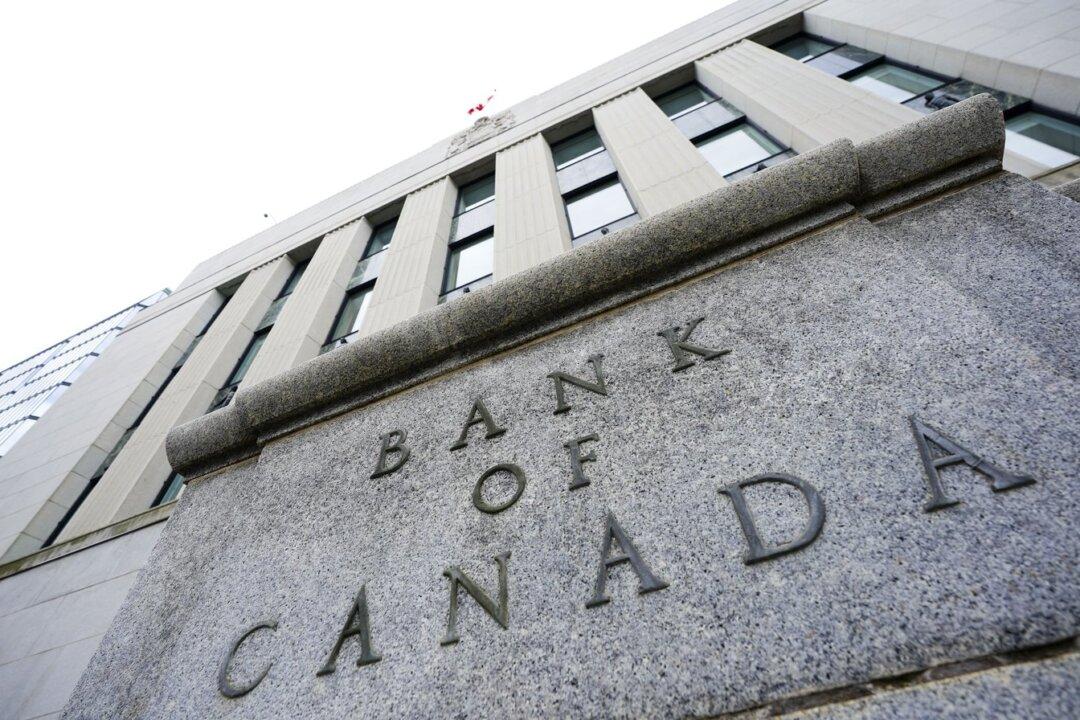The Bank of Canada, in a recent analysis, focused on Canadian housing cost trends and noted that “strong population growth is supporting inflation in rental prices.”
“A larger increase in newcomers than in the past is adding pressure to the structural supply constraint in housing,” states the Bank of Canada’s Jan. 24 Monetary Policy Report.





